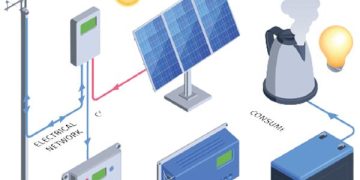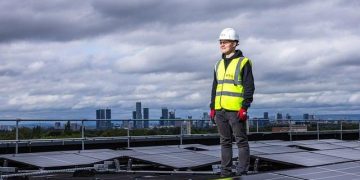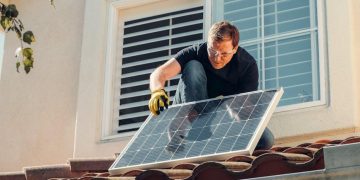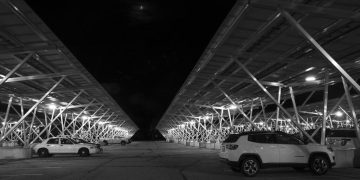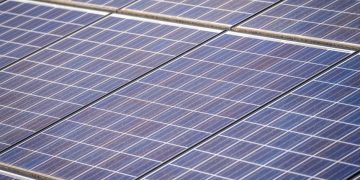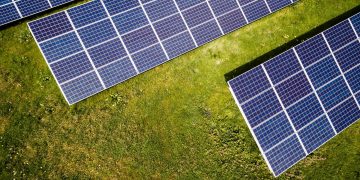In an era where the quest for sustainable energy solutions is more pressing than ever, residential solar systems emerge as silent revolutionaries, quietly transforming rooftops into powerhouses of independence. As the sun traces its daily arc across the sky, these panels soak in its rays, converting sunlight into a sustainable energy source that empowers homeowners and redefines the concept of energy autonomy. This article delves into the myriad ways in which residential solar systems contribute to energy independence, unraveling their role in reducing reliance on traditional power grids and fostering a future where homes are not just consumers of energy, but also proud producers. Through an exploration of technological advancements, economic implications, and environmental benefits, we uncover how these solar systems are not only illuminating individual households but also lighting the path towards a more self-reliant energy future.
Harnessing the Sun: The Path to Self-Sufficient Homes
Imagine a world where each home is its own power station, generating electricity directly from the abundant energy of the sun. Residential solar systems are transforming this vision into reality, offering homeowners the opportunity to take control of their energy needs. These systems, equipped with photovoltaic panels, convert sunlight into electricity, reducing reliance on traditional power grids. As more households embrace this technology, the collective shift towards energy autonomy gains momentum.
- Cost Savings: By generating their own power, homeowners can significantly reduce or even eliminate electricity bills.
- Environmental Impact: Solar energy is clean and renewable, helping to reduce carbon footprints and combat climate change.
- Energy Security: With a solar setup, homes are less vulnerable to power outages and fluctuations in energy prices.
- Increased Property Value: Homes with solar installations are often valued higher, making them attractive to eco-conscious buyers.
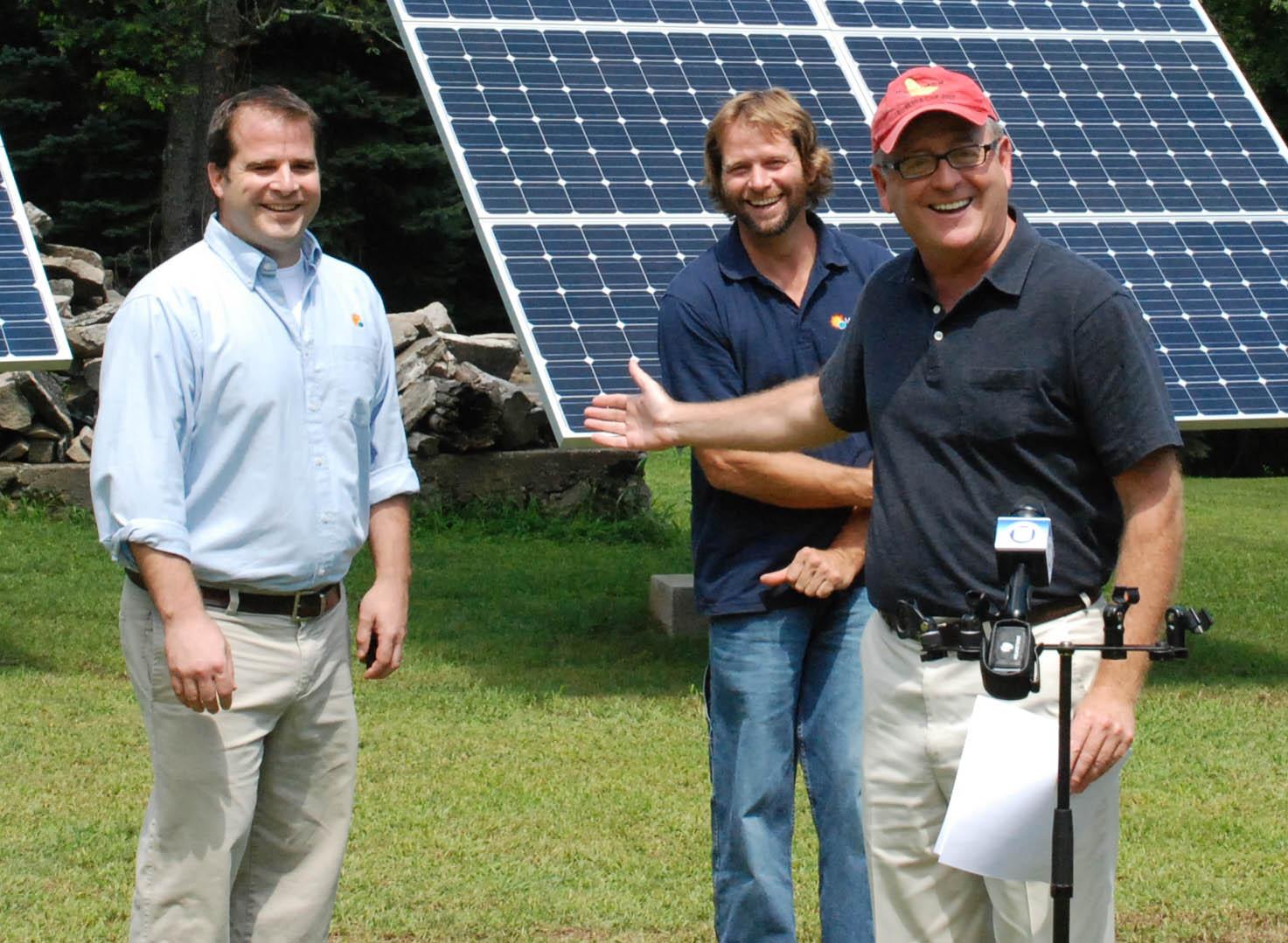
Empowering Homeowners: The Economic Benefits of Solar Energy
As the world pivots towards sustainable energy solutions, residential solar systems are at the forefront of this transformation, offering homeowners not just an eco-friendly power source but also significant economic advantages. By harnessing the power of the sun, homeowners can dramatically reduce their monthly utility bills. This reduction in energy costs allows for financial savings that can be reinvested into the home or other personal endeavors. Moreover, many regions offer incentives such as tax credits and rebates, making the initial investment in solar energy more accessible and appealing.
- Energy Savings: Reduced electricity bills lead to long-term savings.
- Increased Property Value: Homes with solar installations often see an increase in market value.
- Tax Incentives: Numerous government programs provide financial benefits for solar adoption.
- Resilience and Independence: Generate your own power, reducing reliance on external energy sources.
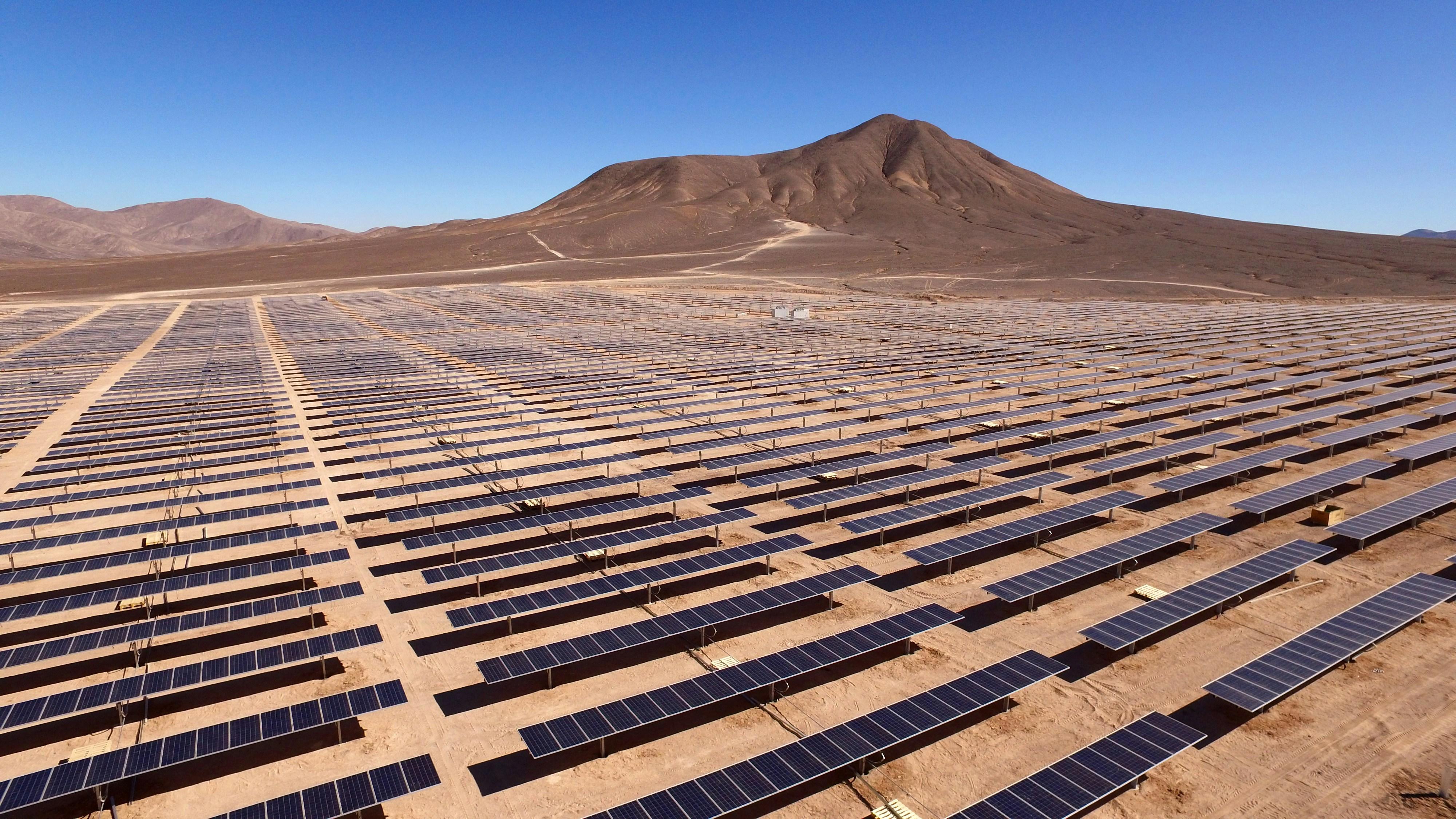
The Environmental Impact: Reducing Carbon Footprints with Solar Systems
In the quest for a sustainable future, residential solar systems emerge as a powerful ally in mitigating environmental impact. By harnessing the abundant energy of the sun, homeowners can significantly reduce their carbon footprints, contributing to a cleaner, greener planet. Solar panels convert sunlight into electricity without releasing harmful emissions, making them an environmentally friendly alternative to fossil fuels.
- Reduction in Greenhouse Gases: Solar energy production does not emit carbon dioxide or other greenhouse gases, drastically cutting down on air pollution.
- Conservation of Water Resources: Unlike traditional power plants, solar systems require minimal water, preserving this precious resource.
- Decreased Dependency on Fossil Fuels: By generating clean energy, solar systems help reduce reliance on non-renewable energy sources, promoting a more sustainable energy ecosystem.
As more households transition to solar power, the collective reduction in carbon emissions contributes to a broader environmental benefit, fostering a resilient and sustainable energy landscape for future generations.
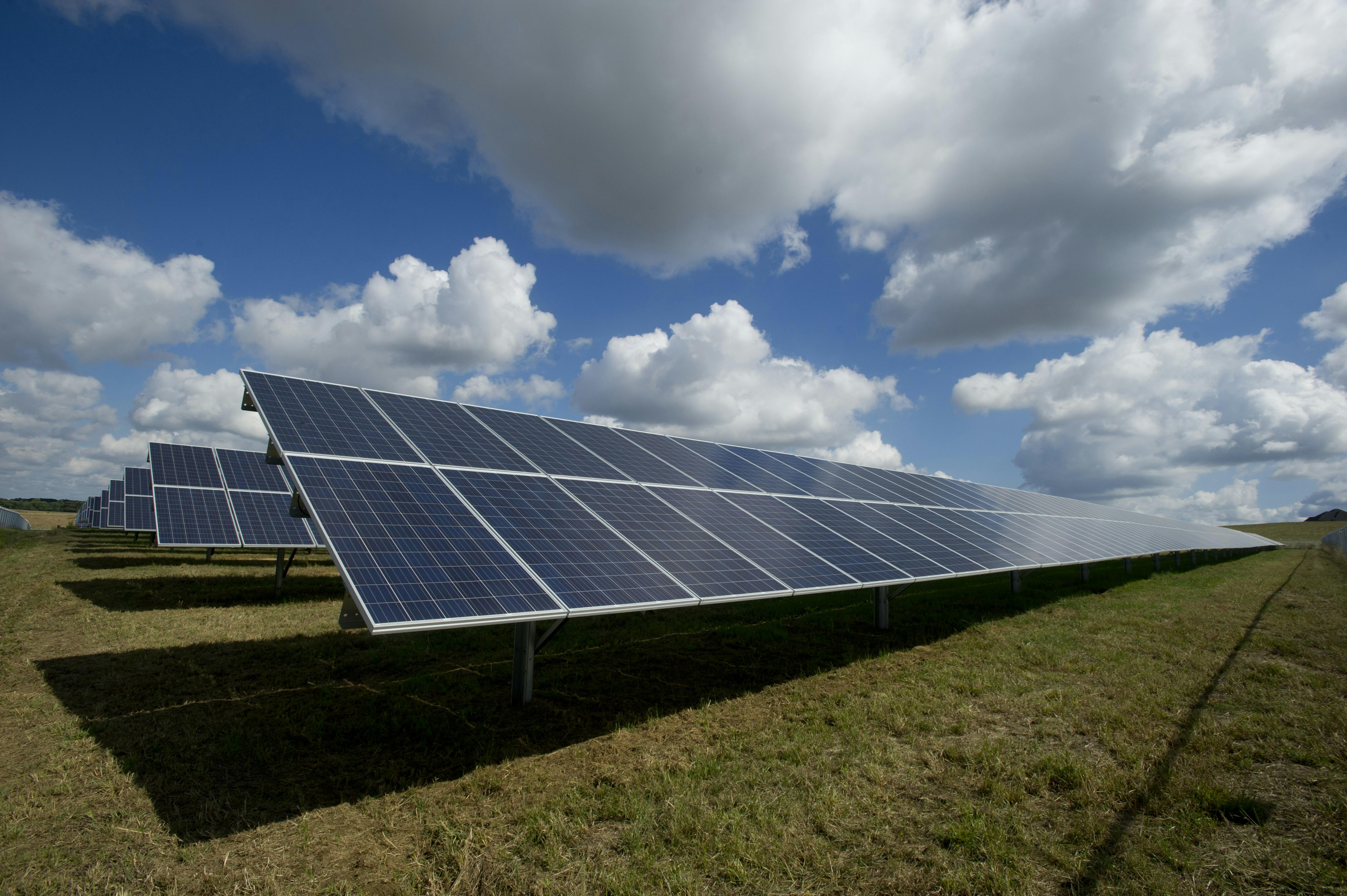
Maximizing Efficiency: Expert Tips for Optimizing Residential Solar Installations
Harnessing the full potential of residential solar systems requires strategic planning and meticulous execution. Site assessment is crucial; evaluating the orientation, tilt, and shading of the roof can significantly impact energy output. Opt for panels with high efficiency ratings to maximize power generation even in limited space.
- Inverter selection: Choose inverters that align with your system size and energy needs, whether it’s a microinverter for each panel or a central inverter for the entire array.
- Energy storage: Consider integrating battery storage to store excess energy, ensuring power availability during nighttime or cloudy days.
- Maintenance: Regular cleaning and inspection of panels can prevent efficiency loss due to dirt or debris accumulation.
Utilizing advanced monitoring systems can offer insights into your solar system’s performance, allowing for adjustments and improvements. By adhering to these expert tips, homeowners can not only enhance the efficiency of their solar installations but also bolster their journey towards energy independence.
The Conclusion
As the sun sets on our exploration of residential solar systems and their pivotal role in the journey toward energy independence, it becomes clear that the power to transform our energy landscape lies right above us. Harnessing the sun’s abundant energy not only empowers homeowners to take control of their energy consumption but also contributes to a broader, more sustainable future. By embracing solar technology, we are not merely adopting an alternative energy source; we are investing in resilience, fostering innovation, and nurturing a planet that thrives on renewable possibilities. As we look forward, let us continue to champion solar solutions and illuminate the path to a more autonomous and sustainable energy future, one rooftop at a time.


